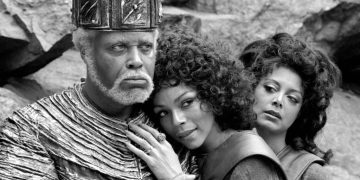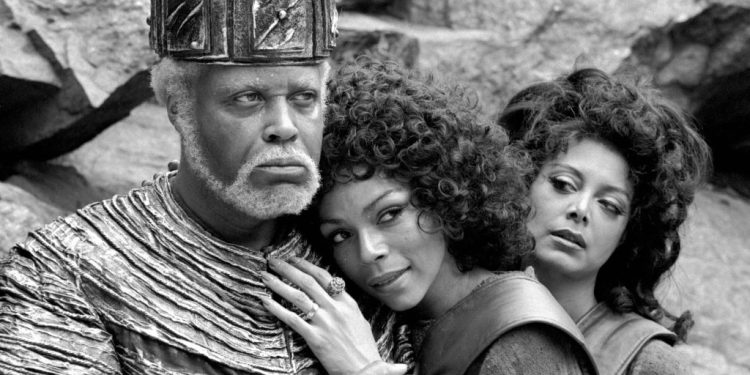“One Life to Live” actress Ellen Holly, who made history as the first black person to star in a soap opera, has died at 92.
On Thursday, Holly’s publicist Cheryl L. Duncan confirmed to People in a statement that Holly died in her sleep at Calvary Hospital in the Bronx, New York, on Wednesday.
Holly made her television debut in 1957 in the “The Big Story.”
She was best known for her role as Carla Gray in “One Life to Live” and remained on the ABC show from 1968 to 1980 before later returning from 1983 to 1985.
She was selected after producer Agnes Nixon read her 1968 New York Times op-ed titled “How Black Do You Have To Be?” where she opened up about the struggle of being a light-skinned Black woman in the industry, per the New York Post.
Ver esta publicación en Instagram
Years prior, Holly first appeared on Broadway in 1956 performing in an adaptation of “Too Late the Phalarope.” Her other productions include “Face of a Hero,” “Tiger Tiger Burning Bright” and “A Hand Is on the Gate.”
In a 2012 interview with We Love Soaps, Holly opened up about passing as a white woman despite being a black actress.
“What is so interesting is that we were having our problems because–we’re so proud of being Black actresses, that we don’t want to pass for white: we’re insisting, ‘We are Black actresses, use us as what we are,'” she explained.
Holly added, “The irony of our careers, just to begin with, is: the one thing that we will not do in real life (“pass” for white) is the only thing they will let us play on a camera. That’s how your whole life and career become ironic from the very outset.”
She also spoke about being “uncastable” in the beginning of her daytime television career.
“At the time, and we’re talking around 1968, there were only certain roles for ethnic performers. For instance, for Asian American girls, there were so few parts, the two ‘tokens’ who would work all the time were France Nuyen and Nancy Kwan,” she explained.
Holly added, “Those were the Asian girls. The Latina girls were Rita Moreno, and Katy Jurado, who would play in westerns.”
“However, with us, there was a further problem. In addition to being limited to the Black roles available to us (the smaller window of opportunity) we had to go through a second filter. With the ‘one drop rule’ as an African American, if you had any African blood–even if it was only one drop–you were lobbed over to the ‘black’ side of the ledger,” she shared.
Furthermore, she explained they “came in all kinds of colors.”
“Everything from white as milk to black as a piece of anthrocite coal, and everything in between,” she continued.


























 Continue with Google
Continue with Google